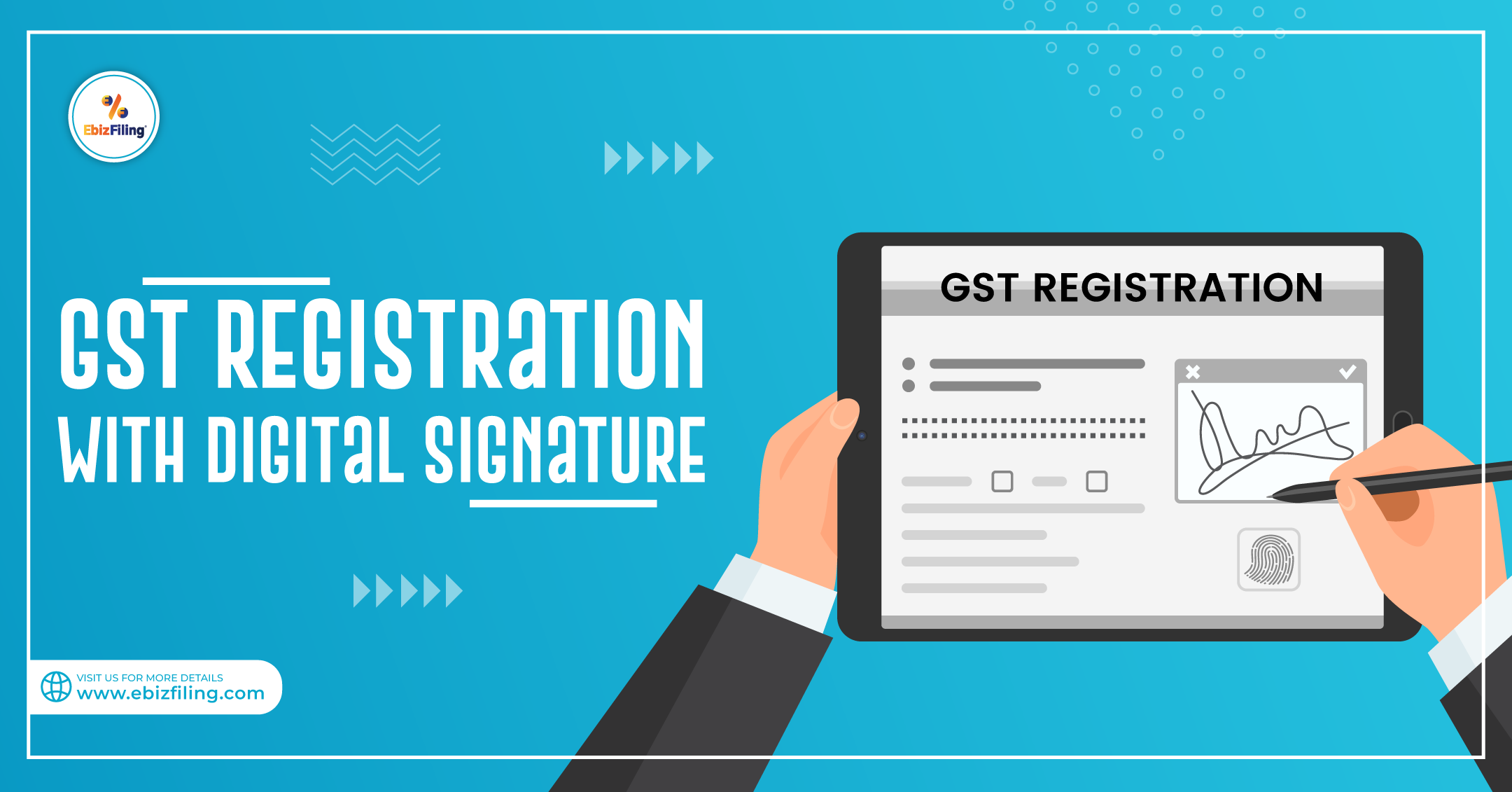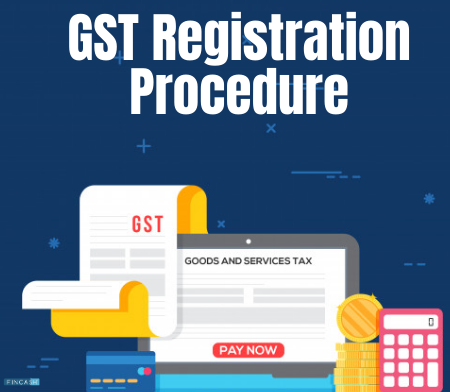The Ultimate Overview to Simplifying the GST Enrollment Refine and Needs for Small Service Owners

Comprehending GST Essentials
To realize the basics of the Item and Solutions Tax (GST) system, small company owners must first recognize its underlying principles and effects. GST is a value-added tax obligation levied on the majority of goods and solutions for domestic consumption. It aims to streamline the taxation procedure by replacing several indirect taxes enforced by the state and central federal governments. Under the GST program, organizations are called for to register and collect tax obligation on part of the government, making sure transparency and compliance.
One of the vital concepts of GST is input tax credit report, which allows businesses to assert credit for taxes paid on their acquisitions. Recognizing these basic principles is critical for tiny organization proprietors to browse the intricacies of the GST system and make certain compliance with the law.
Eligibility Requirements for Enrollment
Having actually developed a foundational understanding of GST concepts, small company owners need to currently meet details eligibility requirements to wage the registration process. In India, entities participated in the supply of products or services with a yearly aggregate turn over surpassing Rs. 40 lakhs (Rs. 10 lakhs for unique group states) are required to sign up for GST. Furthermore, particular organizations such as those associated with inter-state supply of products, casual taxable persons, and those called for to pay tax obligation under the reverse cost device need to sign up for GST regardless of their turnover. Furthermore, services that were registered under the previous tax obligation routine (BARREL, solution tax, and so on) are additionally mandated to register under GST. Nonetheless, agricultural companies that only supply create out of main production are exempt from GST enrollment. It is critical for company proprietors to thoroughly examine their qualification based upon these standards to ensure compliance with the regulation and prevent any kind of penalties for non-compliance.
Files Required for GST Registration

Simplified Enrollment Refine Actions
Complying with the collection and confirmation of the requisite documents, the registration process for GST can be navigated with a collection of simplified steps made to facilitate effective compliance for small company owners. The very first step entails checking out the GST site and selecting the 'New Registration' alternative. Consequently, the read review candidate should complete Component A of the GST REG-01 type with details such as frying pan, mobile number, and email address to acquire an OTP for confirmation. When the OTP is obtained and gotten in, a Temporary Reference Number (TRN) is generated for additional procedures. The next action calls for submitting Component B of the type with required business details, uploading supporting files, and finishing the verification process using DSC or EVC. Upon effective verification, an Application Referral Number (ARN) is released, showing the conclusion of the GST registration procedure. By following these streamlined steps, small company proprietors can effectively register for GST and ensure compliance with tax obligation laws.
Tips for Ensuring Compliance
To maintain governing adherence and functional integrity, diligent oversight and positive procedures are essential in making certain conformity with GST requirements for tiny business proprietors. Small service owners need to remain upgraded with GST guidelines, filing deadlines, and any type of modifications in tax prices to avoid charges and preserve an excellent standing with tax authorities. Attending GST recognition workshops or training programs can improve understanding and conformity with GST laws, eventually profiting the service in the lengthy run.
Verdict
Finally, small company proprietors need to comprehend the fundamentals official site of GST, meet the qualification standards, collect needed records, and comply with the simplified registration process actions to guarantee compliance. By streamlining the GST registration procedure and demands, local business proprietors can stay clear of penalties and operate their organizations efficiently within the legal structure - Singapore GST Registration. It is essential for small company owners to stay compliant and enlightened with GST regulations to maintain an effective business procedure
Tiny business proprietors looking for GST enrollment should ensure they collect and send the necessary documents to complete the registration process efficiently. The papers needed for GST registration normally consist of evidence of service registration or incorporation, FRYING PAN (Permanent Account Number) card of the organization identification, address and entity proof of the promoters/partners/directors, photographs, address proof of the place of service, financial institution account declarations or terminated cheques, and consent types. Going to GST recognition workshops or training programs can boost understanding and conformity with GST policies, eventually profiting the organization in the lengthy run.
By simplifying the GST registration process and needs, small company owners can avoid penalties and run their organizations smoothly within the legal framework. It is critical for tiny organization proprietors to stay compliant and enlightened with GST regulations to maintain an effective organization procedure.